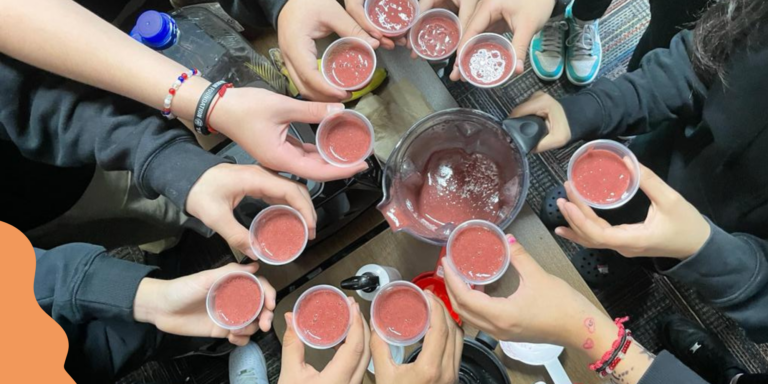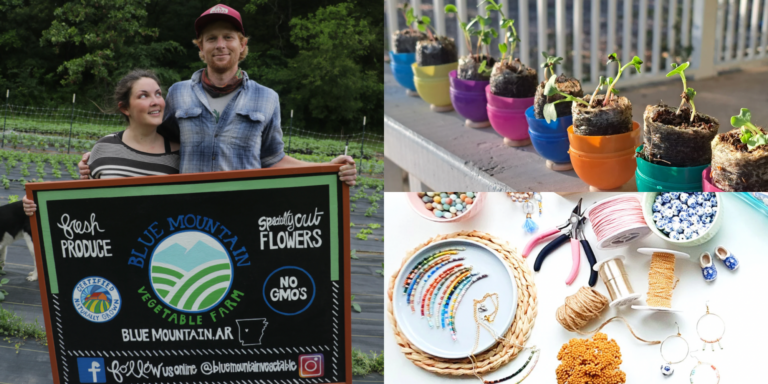Latine, Latinx, Hispanic, and Why Language Matters
Language matters. Here’s why we’re using “Latine” instead of “Latinx.”
Language matters. Here’s why we’re using “Latine” instead of “Latinx.”

You may have noticed that this year, FoodCorps has been talking about Latine Heritage Month, rather than Hispanic or Latinx Heritage Month. Why the change?
We’re always striving to respond to the wishes of our communities, and that includes changing the language we use when there’s a way to do it that’s more inclusive and authentic. For a while now, we’ve heard that Hispanic and Latino/Latina were not quite the right words to describe this community. To better reflect these folks, we pivoted to using Latinx. And now, we’ve heard that Latine may be an even more inclusive term.
Before we get there, let’s break down the difference between Hispanic and Latino/Latina:
“Latinx” is a relatively new non-gendered term that encompasses Latinos, Latinas, and folks from these communities who identify outside the gender binary. However, the -x sound at the end of the word is unusual in spoken Spanish. Many have proposed the word “Latine” (pronounced la-teen-eh) as a gender-neutral, Spanish-accessible alternative.
“Latine flows better in the language,” Garcia says. “I think the -X is just inaccessible and not something that’s used in normal Spanish language.”
“I think Latine as an alternative sounds great; it’s pronounceable and it gets to an explicit inclusivity,” says Rosalez. “Language shifts, and we need to push for that shift.”
Alicia Chavez, FoodCorps’ New Mexico Impact & Partnerships Lead, adds that it’s crucial that this language recognizes identities outside of the gender binary. It’s harmful to ask people to choose only one of two options; words like Latine create intentional inclusivity around gender.
“The gender binary is the colonizer’s tool,” Chavez says. “You force people into these two things and then uplift one of them. Everyone else that doesn’t abide by that one gender is powerless.”
While Latinx is still catching on in many communities and Latine may also take a while to stick, we think it’s important to use language that includes and celebrates as many people as possible. For the time being, Latine is the word we believe best accomplishes that goal.
But we also recognize there are some inherent issues with using one word to describe a lot of different people. For example: Chavez says it’s problematic to decide that a massive group of individuals and communities — one comprising various races, cultures, and countries of origin — should identify with a single term.
“I think [these words] are too big and they don’t have real origins,” Chavez said. “These words were given to us to describe us, but they’re not from us.”
Garcia agrees. “Out of everything and anything it’s important to know we’re not a monolith,” she said. “It’s important to self-identify. Always ask how one would prefer to be identified as a form of honoring them.”
These FoodCorps staffers agreed that it’s important not to make assumptions about what language someone prefers when describing their identity, and to ask first whenever possible.
“Have those conversations with Latine people before you start assuming the language that you think is right,” says Chavez. “And it’s okay that you might be wrong, that you never knew to ask. Be open to being wrong, be open to that change, be open to trying something new.”
To learn more about how FoodCorps is centering equity and justice in our work, read our latest Equity, Diversity, and Inclusion report.

5 Blender-Friendly Recipes For Sauces and More

Our 2024 Child Nutrition Policy Year in Review

9 Thoughtful Holiday Gifts Made by FoodCorps Alumni